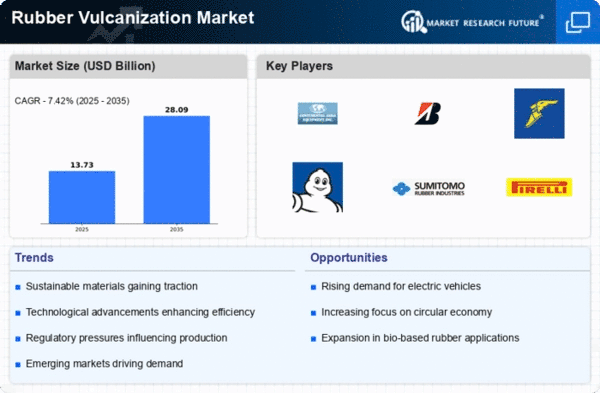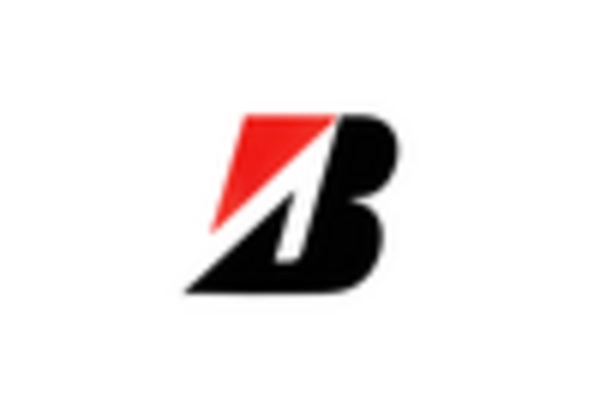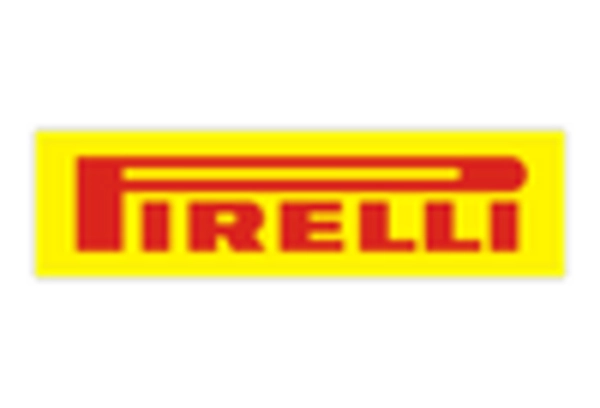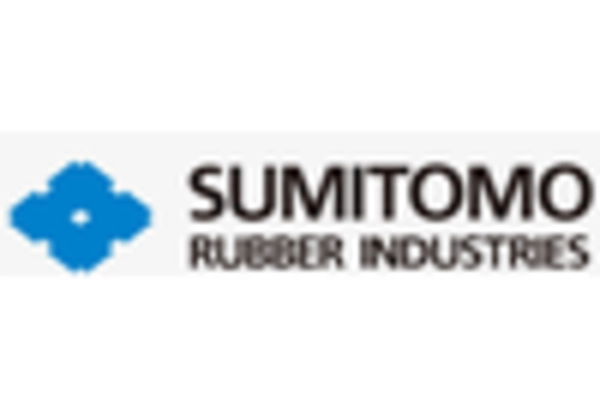Market Analysis
In-depth Analysis of Rubber Vulcanization Market Industry Landscape
Aircraft tires are predominantly made from natural rubber due to its superior heat resistance. The strength and resilience of natural rubber are enhanced by combining it with sulfur, carbon black, and other chemicals. The mixture is then processed into sheets and shaped into aircraft tire treads using an extruder. The aerospace industry's growth significantly contributes to the demand for these natural rubber-based tires, particularly with the rising need for lightweight and fuel-efficient military aircraft for security purposes. Projections from the US Geological Survey indicate a doubling of the global aircraft fleet in the next two decades. Additionally, the healthcare sector extensively employs rubber for various applications, including injection parts, gloves, tubing, and medical devices. Silicone, natural, and polyurethane rubbers are commonly used in healthcare due to their biocompatibility, durability, sterilizability, and mechanical properties. The increasing prevalence of heart disease and related health concerns is anticipated to drive the demand for medical applications like cardiac pacemaker leads and mammary prostheses, further influencing the global rubber vulcanization market. The oil and gas industry plays a significant role in driving the demand for rubber vulcanization. Rubber products like seals, gaskets, O-rings, hoses, and connectors are extensively used in the industry for applications involving drilling equipment, pipelines, pumps, and valves. These rubber components are crucial for preventing leaks, ensuring operational integrity, and safeguarding against harsh operating conditions such as high pressure and temperature. As the global demand for energy continues to rise, the oil and gas sector requires reliable sealing solutions to maintain the efficiency and safety of its operations. The growth of this industry contributes substantially to the overall demand for rubber vulcanization, creating opportunities for market players in the production of high-performance seals tailored for oil and gas applications.
The automotive industry is a major consumer of vulcanized rubber products, utilizing them in various applications essential for vehicle performance. Seals, gaskets, O-rings, hoses, and other rubber components are crucial for maintaining the integrity of automotive systems such as engines, transmissions, braking systems, and fuel systems. As the automotive sector evolves with the introduction of electric vehicles, hybrid technologies, and stringent emission regulations, the demand for high-performance rubber products becomes more pronounced. The industry's focus on fuel efficiency, reduced emissions, and innovative technologies underscores the importance of reliable rubber components, thereby driving the demand for rubber vulcanization. Additionally, the expanding global population and rising disposable incomes contribute to the growth of the automotive market, further fueling the demand for rubber products and, consequently, rubber vulcanization.


















Leave a Comment